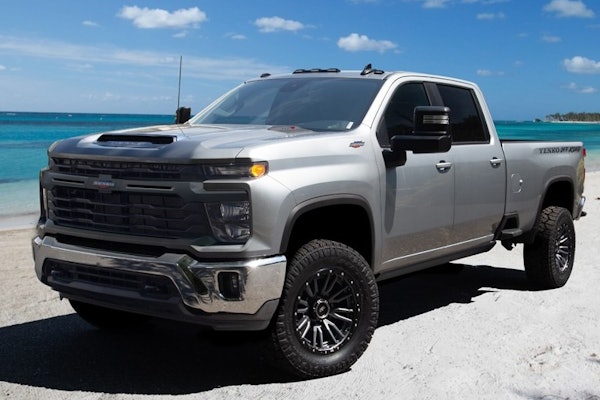Federal financial instruments and initiatives such as a proposed national “Infrastructure Bank” designed to attract private investment into transportation infrastructure projects should be included in the new highway/transit bill, Pete Ruane, president of the American Road & Transportation Builders Association (ARTBA), told the Senate Commerce, Science & Transportation Committee July 20.
He cautioned lawmakers, however, not to think that such initiatives alone could solve the transportation funding problem caused by the constrained revenue stream into the Highway Trust Fund (HTF).
Ruane said private investors would likely not seek to be partners in the vast majority of transportation improvement projects needed in the states. Market experience, he said, shows public-private partnerships (P3s) generally serve a small, yet very important, niche — very expensive projects that add highway capacity in congested urban areas and can be tolled to provide a return on private investment.
Addressing the nearly two-year delayed surface transportation bill, Ruane said the biggest obstacle to moving forward is the Highway Trust Fund’s financial outlook. The trust fund can no longer maintain current levels of investments.
“There is no doubt that increased involvement from the private sector in addressing the nation’s transportation challenges can help in the areas where such projects are viable,” Ruane testified. “Make no mistake about it, however, if Congress fails to provide revenues to supplement incoming Highway Trust Fund receipts, thousands of jobs will be lost in every state.”
The ARTBA president said the most important thing Congress can do at this stage is to produce bipartisan legislation. “It is time to get on with enacting a multi-year reauthorization bill. The political gridlock here in our Nation’s Capital has led to more transportation gridlock throughout the nation,” he observed.
Ruane called on the Senate to produce a new bill that generates the necessary revenues to, at minimum, maintain current levels of surface transportation investment.






